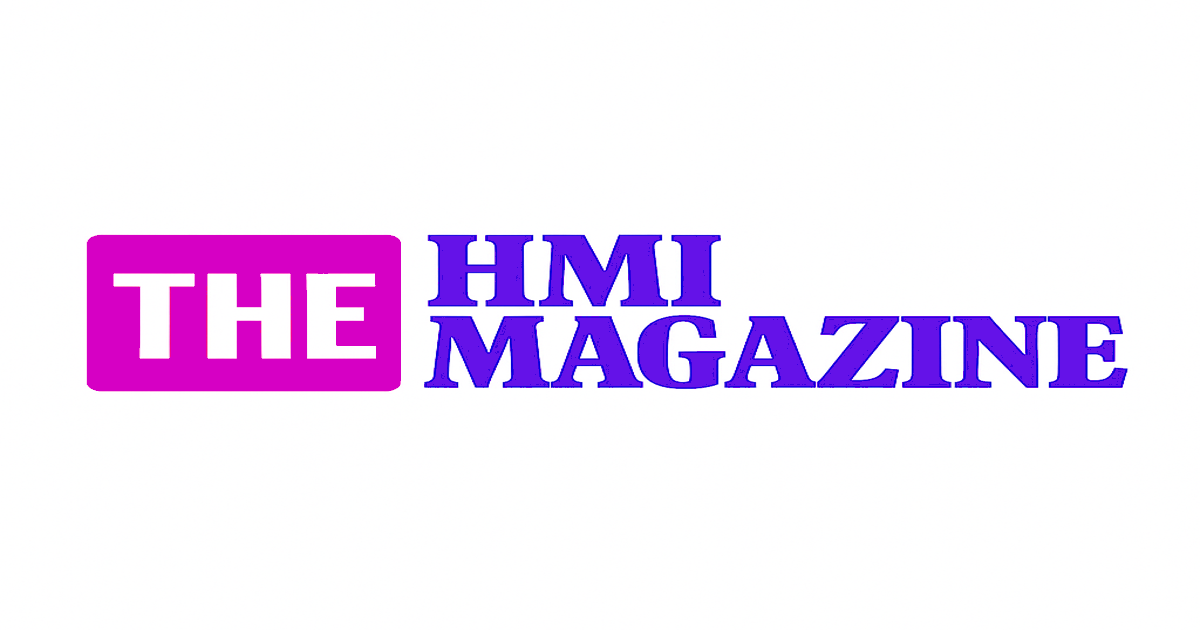The HMI Magazine Perspective: Mobile Marketing’s Impact
By HMI Magazine Staff Writers / Warning: HMI Expert Analysis Included
In the fast-evolving world of digital commerce, one trend has become undeniable: mobile marketing is shaping the future of e-commerce. As smartphone usage grows worldwide and mobile internet access becomes increasingly seamless, businesses across all industries—particularly within the Haitian Music Industry (HMI)—adapt to mobile-first strategies to connect with their audiences.
The Rise of Mobile-First Commerce
The statistics speak volumes. As of 2024, over 70% of e-commerce traffic globally comes from mobile devices, and over half of online purchases are made via smartphones. This shift in consumer behavior influences how businesses design their websites, engage on social platforms, and implement advertising strategies.
From online clothing retailers to music download platforms and concert ticket vendors, a mobile-friendly experience is no longer optional—it’s essential. This is especially true for artists and promoters in the HMI who rely on digital marketing to boost ticket sales, merchandise, and streaming numbers.
The HMI Magazine Perspective: Mobile Marketing’s Impact
According to Marc-Alix Dérilus, a digital strategist who has worked with several leading HMI artists, “The shift to mobile marketing gives Haitian artists unprecedented access to their fan base. It allows for direct engagement, real-time updates, and highly targeted advertising that was impossible a decade ago.”
Through apps like Instagram, TikTok, and WhatsApp, HMI artists can promote new releases, livestream behind-the-scenes moments, and even sell event tickets directly to fans. Mobile marketing tools such as SMS campaigns, push notifications, and location-based ads enable promoters to reach fans instantly, especially those in diaspora communities across the U.S., Canada, and Europe.
“Most HMI fans are interacting with music and events on their phones. If your content isn’t optimized for mobile, you’re missing out on a major revenue stream,” added Dérilus.
Monetization Opportunities for HMI Artists
The HMI has traditionally relied on radio play, physical CD sales, and live events. But with mobile commerce, the monetization possibilities have expanded significantly:
- Direct-to-fan sales of music, merchandise, and digital content
- Mobile-friendly event ticketing systems
- Integration with streaming platforms for better royalty tracking
- Fan subscription models via apps and social media platforms
Digital platforms such as Spotify, Apple Music, and YouTube Music have prioritized mobile interfaces, giving HMI artists greater global visibility. Fans can now listen, share, and purchase directly from their phones—often within seconds of discovering a new song.
Expert Analysis: HMI Needs to Modernize Fast
Gerline Toussaint, a marketing analyst contributing regularly to HMI Magazine, warns that not all HMI stakeholders are ready for the mobile future.
“The truth is, many in the industry are still playing catch-up. While some artists have adapted quickly, others are stuck in outdated promotional models. Suppose the HMI is to remain competitive and reach new international markets. In that case, mobile marketing must be embraced not just by artists but by managers, event organizers, and record labels as well,” she said.
She recommends that every HMI brand build a mobile-first website, maintain active and engaging social media accounts, and use mobile advertising tools to reach domestic and diaspora audiences. “This isn’t just a trend—it’s the direction the entire entertainment industry is heading.”
Final Thoughts: The Time is Now
In a digital world where convenience and immediacy drive consumer decisions, mobile marketing offers a powerful toolkit for growth, especially in niche industries like the HMI. With a mobile-first strategy, HMI artists and promoters can expand their global footprint, build stronger fan relationships, and monetize their content more effectively.
The message is clear: mobile marketing isn’t just the future—it’s the present. Those in the Haitian Music Industry who embrace it now will lead the next wave of innovation and success.




